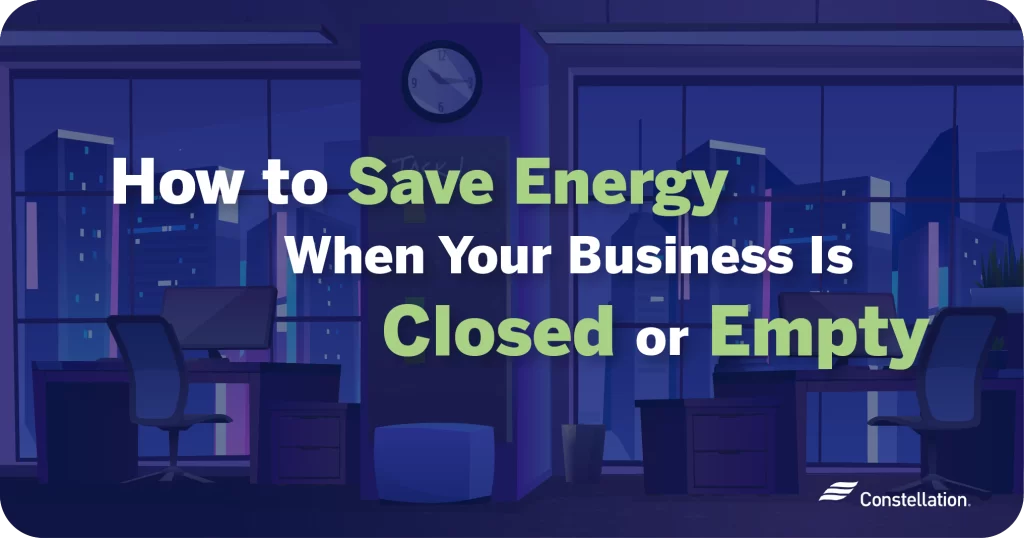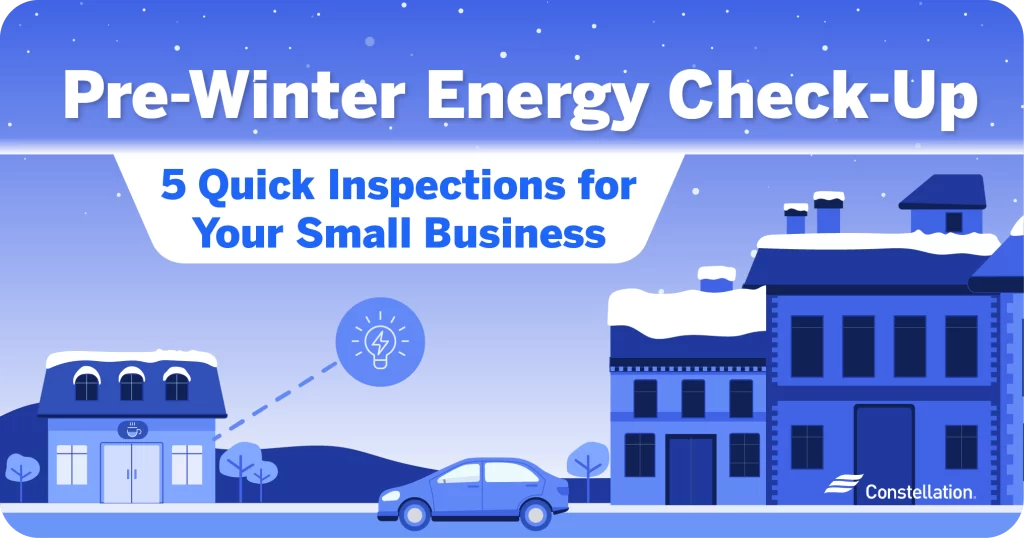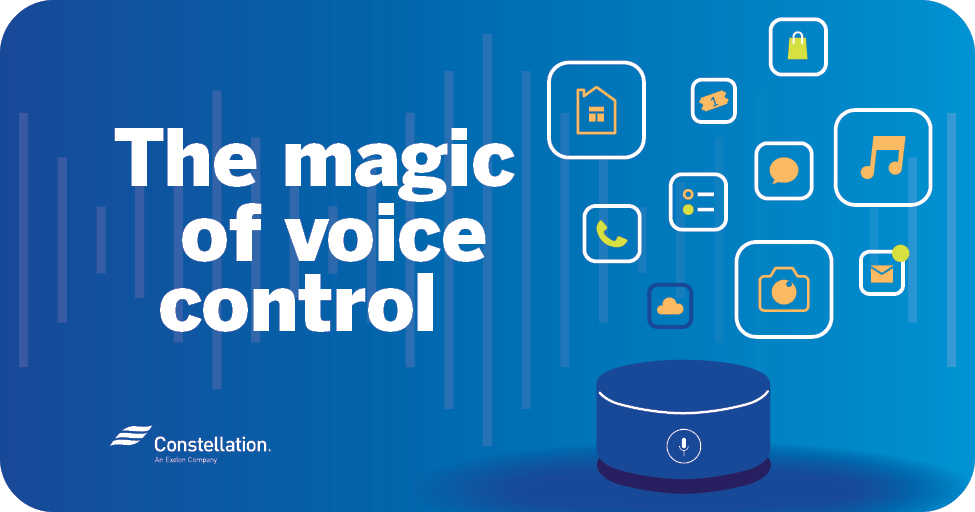
The Magic of Voice-Control
In these topsy-turvy times, we all need a helping hand to make life’s little chores a bit less stressful. For example, something as mundane as shutting down the house for the night can seem challenging.

How to Secure and Protect Your Smart Home
Home security strategies take on an added dimension when you install smart home technology. On the one hand, smart devices can greatly increase the physical security of your home.
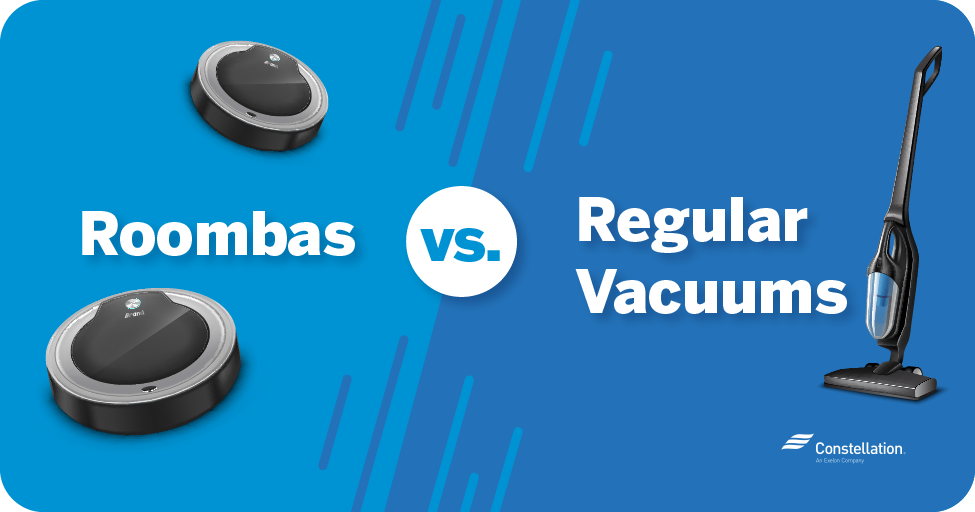
Roomba vs. Upright Vacuums: Which Uses More Energy?
If you’re in the market to buy a vacuum cleaner, you have many options. It used to be that the choice you had was classic upright vs.
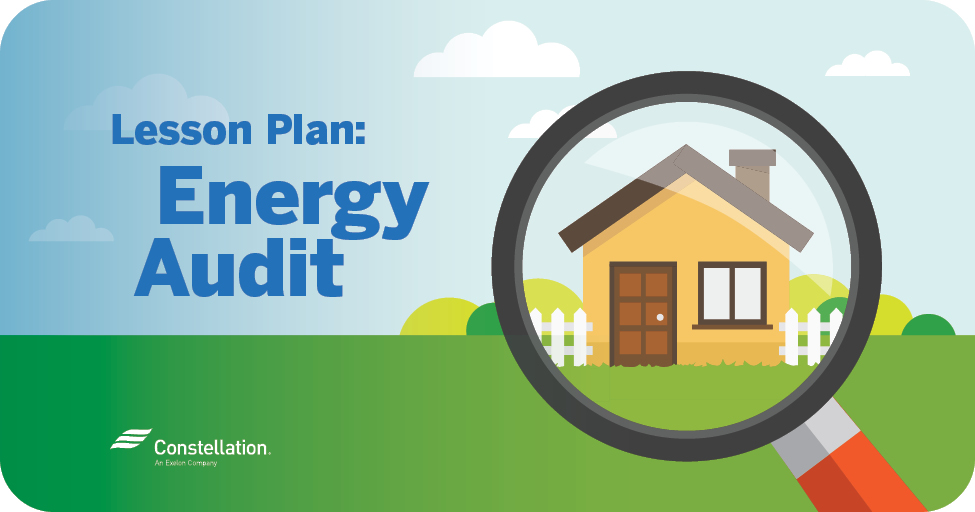
Lesson Plan: Energy Audit
We’ve been focused on energy this summer – thinking about the sources of energy we use and how and why we should save energy. Saving energy is good for our environment, and it’s good for our wallets.
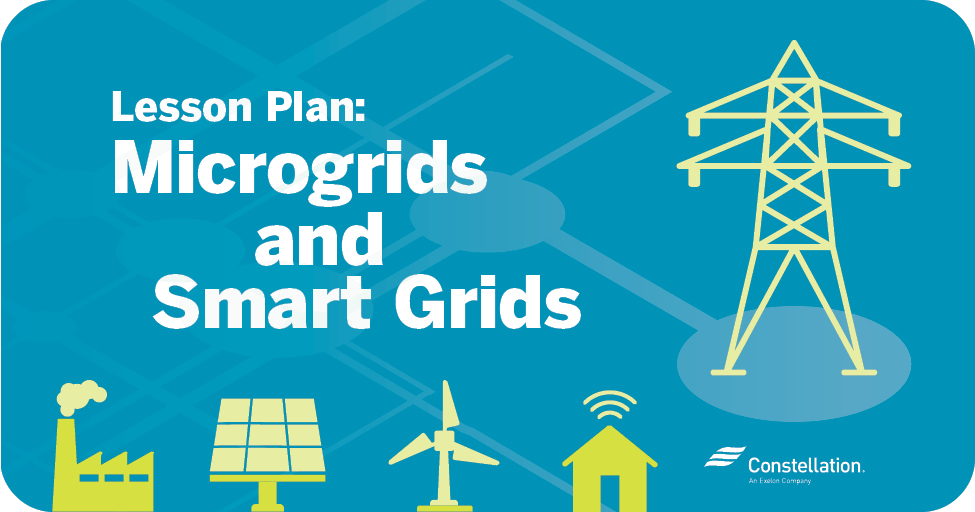
Lesson Plan: The Electric Grid, Smart Meters & Microgrids!
This lesson will help students understand how electricity is transported and how smart meters and grid upgrades will help utilities and customers understand their energy consumption in an effort to save energy. Students will also be introduced to microgrids as a way for communities to reduce energy consumption collectively and ensure their local electrical infrastructure
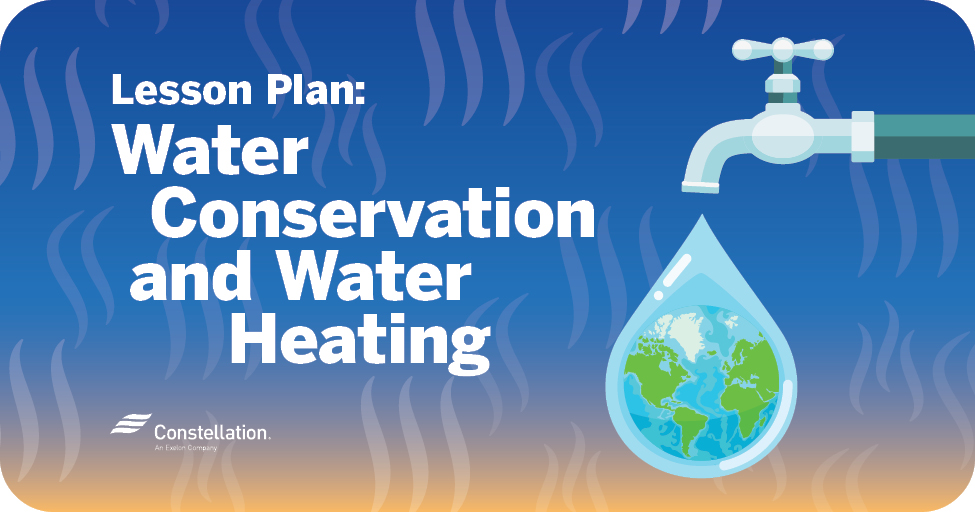
Lesson Plan: Water Conservation
The amount of water you use in your household can have a big impact on the total amount of energy used by your home. Heating water for showers, baths, laundry and dishes accounts for more than 15 percent of a home’s utility expenses.

How Smart Home Upgrades Can Help You Sell Your House
Smart home upgrades can help you sell your house faster and for a higher price. While there are no guarantees, upgrading home technology can increase the perceived value and desirability of your property, making it more marketable.
Get Pricing on Electricity or Natural Gas Plans in Your Area
Whatever your energy needs, we've got a plan for you
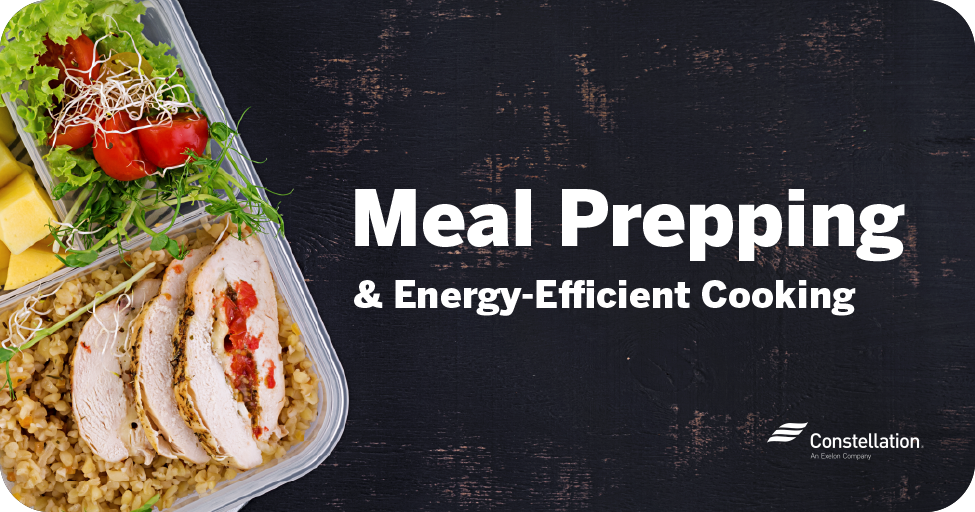
Meal Prepping: Energy-Efficient Cooking to Save You Time and Money
After a day spent juggling a hectic work schedule, family duties or both, many of us would love to save time cooking weeknight meals. Who wouldn’t want to have more free time with the family or just relaxing?
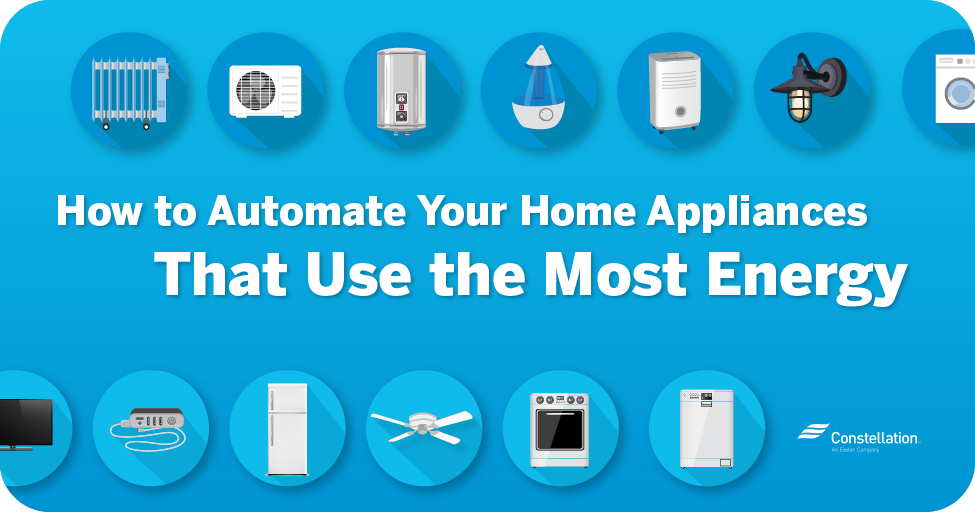
How to Automate Your Home Appliances That Use the Most Energy
Lowering your household’s electricity consumption has a positive impact on the environment as well as your monthly energy bill. The tricky part is figuring out what uses the most electricity in your home and controlling it.
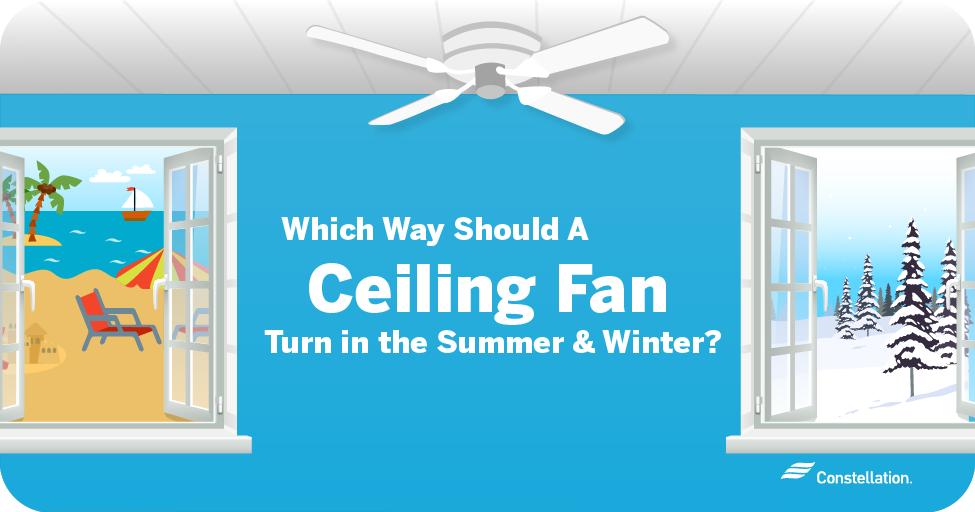
Which Way Should a Ceiling Fan Turn in the Summer & Winter?
When temperatures go up, often so does air conditioning usage. But A/C can use a lot of electricity, which may be expensive.

How to Reduce Your Home’s Water Usage in the Summertime
Like many natural resources, fresh, clean water is not in endless supply, even though it might seem that way. It’s always a good idea to use it with care to make sure we have enough.

